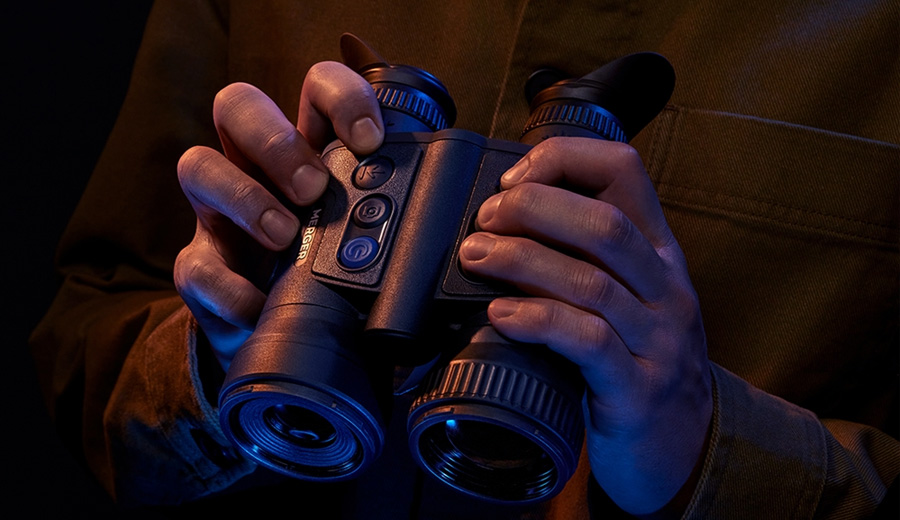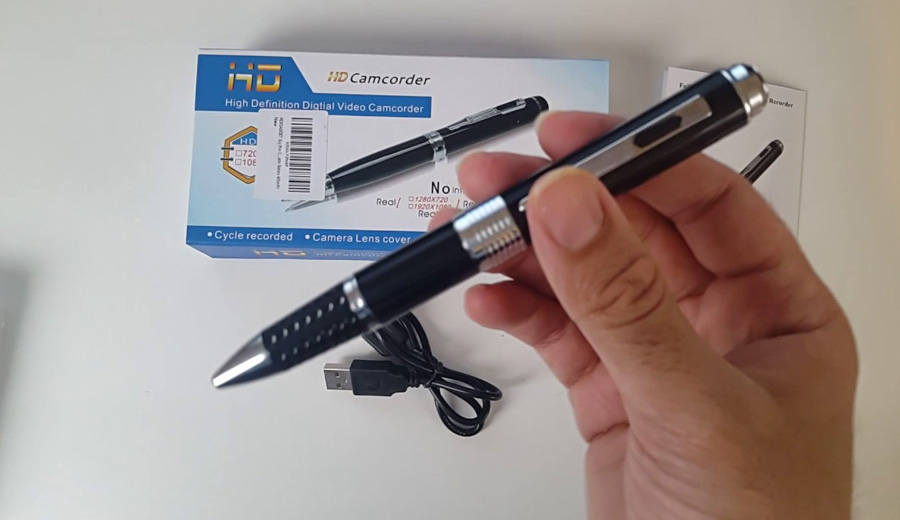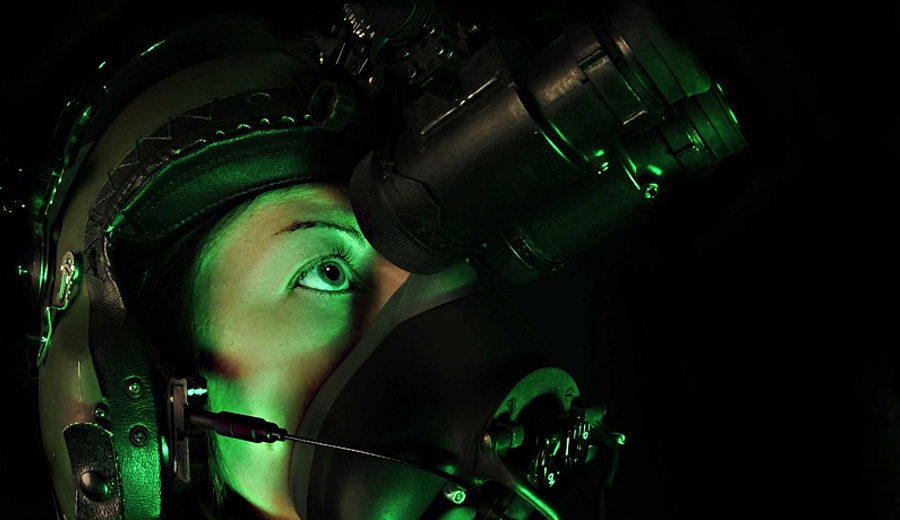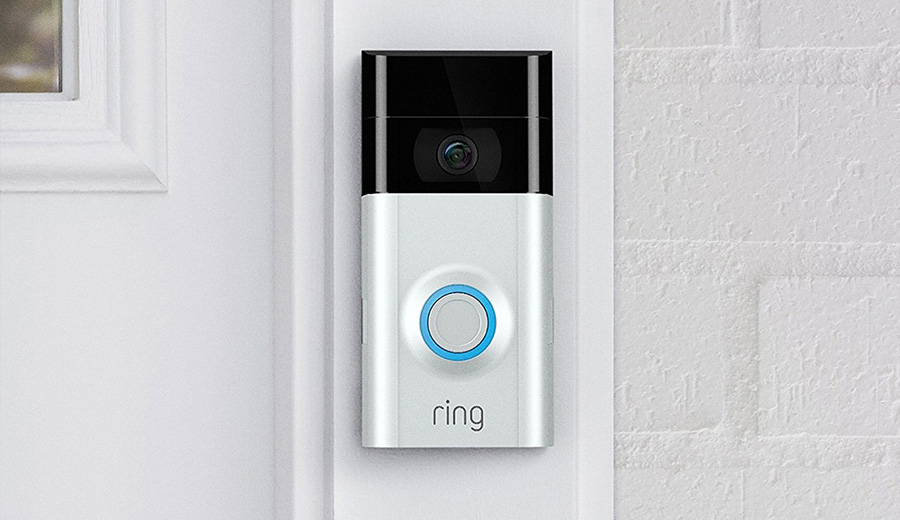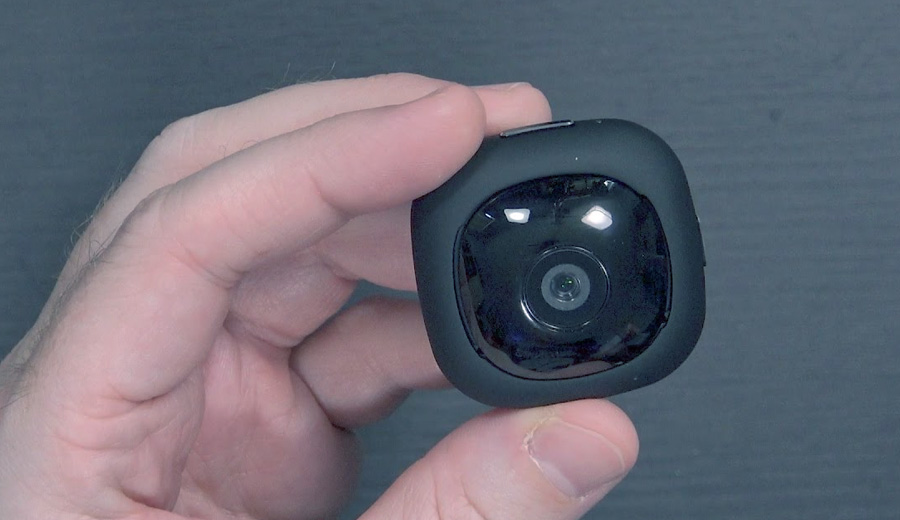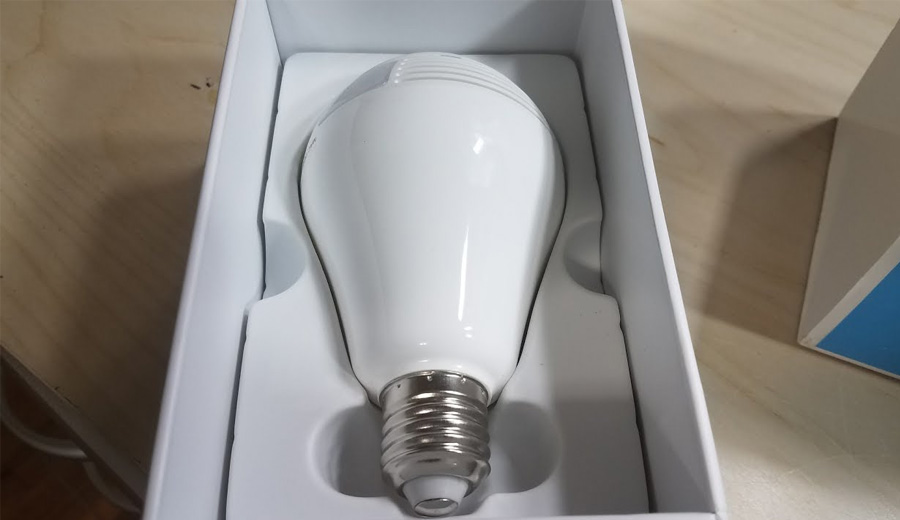Obtaining discreet and reliable evidence is a commonly faced problem by private investigators. A hidden camera is one of the tools often employed in such circumstances.
However, can private detectives legally employ electronic surveillance devices?
Private investigators (PI’s) can only use a hidden camera within their state’s/county’s laws and regulations.
It is mostly unlawful to secretly videotape someone in a private space. Such locations include bathrooms, bedrooms, and changing rooms.
Nevertheless, some exceptions do exist.
For instance, investigators may find it possible to mount a hidden camera in the public space or secretly enter an individual’s premises with a warrant or with the person’s consent. Additionally, inviting a suspect in your own premises and recording the footage secretly is usually permissible.
Be warned though, there are states where it is illegal to use a hidden camera.
Some states are one-party consent states where recording is ok as long as one of its participants agrees.
Other states are two-party consent states where there is a requirement that 2 or all people who participate in a conversation must agree to be recorded.
People who use hidden cameras by breaking the law, may be held liable and even forced to paying large fines, face prison time, and also subjected to lawsuits in civil courts. Therefore, you should understand your local laws before deciding to secretly record someone.
Here are some examples of situations where a private investigator might be able to use a hidden camera legally:
- In connection with investigations concerning possible criminal charges, for example, of drug trafficking or insurance fraud.
- To check if there is any employee misconduct like theft or embezzlement.
- To investigate child custody disputes.
- To provide evidence of infidelity for a divorce case.
Before hiring someone to install a hidden camera for you, ensure that they are credible, licensed, and insured.
Additionally, you should request them to elaborate on the regulations governing hidden camera usage in your state and how they intend to use the collected footage.
As mentioned, private investigators using hidden cameras are bound by a complex legal structure with distinct regulatory regimes in each jurisdiction.
Although these vary in different countries, there are certain principles and guidelines, which can help you know on what occasion you can use a hidden camera.
- Consent and Expectation of Privacy: In most jurisdictions, the main consideration for the validity of hidden camera footage is whether the subject has a reasonable expectation of privacy.
Such activities are legitimate in public spaces where one does not expect any privacy. Nevertheless, secret cameras in private places and places potentially requiring privacy might demand consent or court orders. - Audio Recording Laws: However, it is imperative to note that audio recording without at least one party’s consent may be illegal depending on the jurisdiction. Therefore, private investigators have to understand the particular legislation about audio recordings.
- Trespassing Laws: In most cases, trespassing in order to install the hidden cameras would be unlawful and such evidence would ordinarily be declared inadmissible in Court.
- Infidelity Investigations: An article by The New York Times in 2011 illustrates an example for this scenario where a Private Investigator uses a hidden camera to capture a man who cheats on his wife in a public place. The evidence was considered admissible in court since there was no expectation of privacy due to its location.
- Workplace Misconduct: Private detectives could use a hidden camera to expose work place misbehavior including stealing, sexual harassment and breach of company rules.
Such a surveillance takes place in public places or in the workplace where the employees cannot be said to reasonably expect any privacy, and it has been generally accepted. - Child Custody Disputes: Hidden cameras could be used in child custody cases to record parents’ own behavior. According to a publication from Child Welfare Information Gateway, video captured by hidden cameras showing the parental behavior, which is admissible in court only when there are no issues with law or privacy violation.
So, as much as we’d love to provide a clear and crisp answer whether a private investigator can use spy cameras or not, we simply can’t do that.
Everything goes down to your local laws. In the United States you have federal law as well as each state laws. So, you must adhere to both, local state and federal laws also. And then again, for each country it’s different. EU countries will have different rules compared to Asian countries and so on.
Best advice here would be to learn your local regulations. Find out what you can and cannot do. If you get basic legal knowledge in your area, there won’t be any issues when it comes to covert surveillance. As a general rule, secretly filming in your own premises is allowed, filming in public space is ok. But it’s just general, please, check with your laws.


